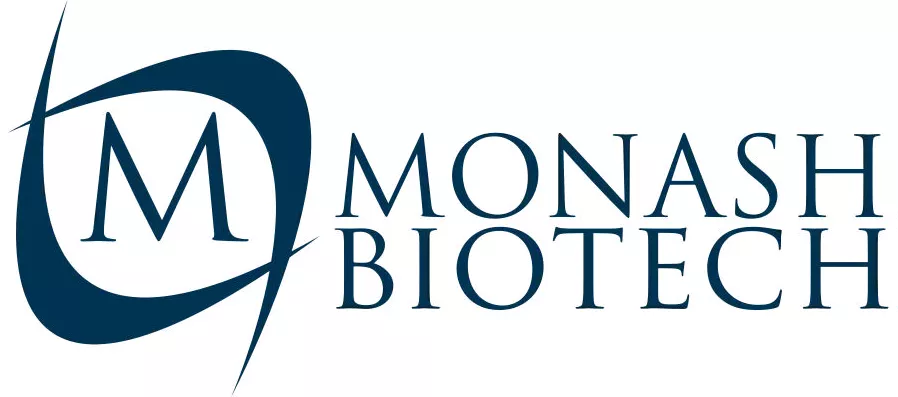Whole Exome Sequencing in IVF
Whole-exome sequencing (WES) is a powerful genetic testing technique that delves deep into the human genome, focusing specifically on the protein-coding regions of genes known as exons. Imagine the human genome as a vast library, and WES as a sophisticated search engine that targets only the chapters containing the most crucial information – the instructions for building the proteins that make us who we are.
By analyzing these exons, WES can uncover a wealth of genetic information, including single-nucleotide variations (SNVs), small insertions or deletions, and even larger structural variations within the DNA sequence.
In the realm of in vitro fertilization (IVF), WES is emerging as a valuable tool to identify genetic variants that may impact fertility, embryo development, and the risk of genetic disorders in offspring.
How WES Works in IVF ?
WES can be used in various stages of the IVF process:
Preimplantation Genetic Testing (PGT)
PGT-M : This technique allows for the detection of specific genetic disorders in embryos before implantation. WES can identify a wide range of single-gene disorders.
PGT-SR : This technique assesses the chromosomal makeup of embryos to identify aneuploidies, which are chromosomal abnormalities that can lead to miscarriage or birth defects. WES can provide more detailed information about chromosomal abnormalities than traditional methods.
WES can identify individuals who are carriers of recessive genetic disorders. This information can help couples make informed decisions about family planning and potential genetic risks for their offspring.
Carrier Screening : WES can identify individuals who are carriers of recessive genetic disorders. This information can help couples make informed decisions about family planning and potential genetic risks for their offspring.
Reproductive Counseling : WES can provide valuable information to genetic counselors, who can help couples understand the implications of genetic findings and make informed decisions about their reproductive options.
Applications of WES
Diagnosis of Genetic Disorders: WES is a valuable tool for diagnosing rare genetic disorders, particularly in cases where traditional genetic testing has been inconclusive.
Cancer Research: WES can identify genetic mutations that contribute to the development and progression of cancer.
Pharmacogenomics: WES can help predict an individual's response to certain medications and identify potential drug interactions.
Research: WES is widely used in research to identify new genes associated with various diseases and to understand the genetic basis of human traits.
Benefits of WES in IVF
Enhanced Accuracy : WES offers a more comprehensive and accurate assessment of genetic information compared to traditional methods.
Expanded Testing Capabilities : It allows for the identification of a wider range of genetic disorders.
Personalized Treatment : WES can help tailor treatment plans to the specific needs of each patient.
Improved IVF Success Rates : By identifying and selecting healthy embryos, WES can increase the chances of a successful pregnancy.
Ethical Considerations
While WES offers significant benefits, it also raises ethical concerns. The potential for identifying incidental findings, or genetic variants unrelated to the initial reason for testing, can have significant psychological and social implications. It is essential to carefully consider the ethical implications of WES and to provide appropriate counseling and support to patients.
As technology continues to advance, WES is poised to play an increasingly important role in IVF. By expanding our understanding of genetic factors influencing fertility and embryo development, WES can help couples achieve their dream of having a healthy family.
Our Products
Blastomere Biopsy Micropipettes
Holding Micropipettes
Injection Micropipettes
Polar Body Biopsy Micropipettes
Trophectoderm Biopsy Micropipettes Bevelled
Trophectoderm Biopsy Micropipettes Flat
Support
Customer Support
Frequently Asked Questions
Chat on WhatsApp
Chat on FaceBook Messenger
Helpful Resources
Privacy Policy
Please note that the 3D models displayed on this website are for illustrative purposes only. Actual product dimensions, colors, and finishes may vary. These models should not be considered a precise or guaranteed representation of the final product.
© 2025 Monash Biotech. All Rights Reserved.
Designed & Developed by Goafreet Company


